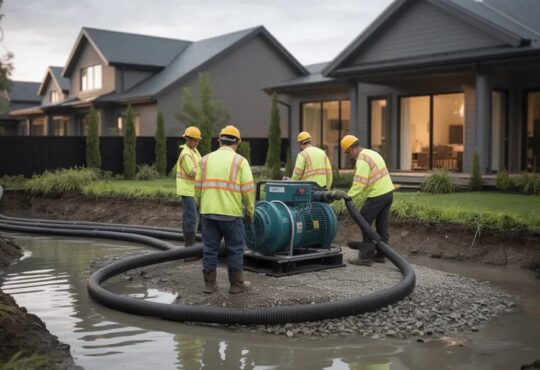
The Role of Assisted Living Facilities in Supporting Senior Mental Health
Mental health is a growing concern as the senior population ages. Many people face challenges such as loneliness, anxiety, depression, and other mental issues. Assisted living facilities are a vital support system for seniors. These facilities provide personalized care, companionship, and opportunities for socialization that can significantly impact mental health and overall well-being. They offer a range of services and amenities to minimize the risk factors associated with mental health issues in seniors.
Here we will discuss the role of assisted living facilities in improving the mental health of seniors.
1. Balanced and Nutritious Meal Plans
Nutrition plays a vital role in maintaining mental health. Assisted living communities often provide balanced and nutritious meal plans. They take into consideration the dietary requirements and preferences of each resident. Proper nutrition enhances physical health and contributes to brain health and emotional stability.
Eating together in dining areas further fosters social connections. It provides an opportunity for residents to bond over shared meals and experiences. This supportive environment can elevate the overall dining experience. It leads to emotional satisfaction and improved mental health.
2. Facilities offer Opportunities for Socialization and Engagement
One of the key advantages of an assisted living community is the increased social connection. Aging can sometimes lead to feelings of isolation and loneliness. These communities provide an opportunity to engage with staff, peers, and other community members. Many facilities offer opportunities for residents to participate in events, outings, and group activities to promote socialization.
By interacting with others regularly, seniors often experience improved mood and reduced stress. Social connections in these communities can also develop into deep relationships and meaningful friendships. These relationships offer emotional support during life’s ups and downs.
3. Assisted Living Facilities provide Comprehensive Health Support
A major advantage of an assisted living facility is access to comprehensive health support. It includes routine checkups, medication management, counseling and therapy, and emergency care. Assisted living facilities offer round-the-clock healthcare assistance from trained professionals. These professionals ensure that residents have immediate access to care whenever they need it.
Chronic conditions, such as dementia and diabetes, require continuous management. The trained staff in living facilities provide specialized care for managing these conditions. They monitor vital signs regularly and provide timely medical intervention if needed. Overall, the comprehensive health support improves the quality of life, maintains independence, and provides support for managing chronic mental conditions.
4. Active Lifestyle and Physical Wellness
Physical wellness and mental health are connected to each other. Assisted living communities prioritize the health of their residents. They offer various resources to maintain an active and healthy lifestyle. Trained staff members are available to assist with exercise and other fitness programs tailored to the needs of the individual. It helps seniors stay physically active and maintain their independence.
Regular physical activity not only improves physical health but also releases endorphins. It positively impacts the mood and reduces anxiety and depression. Additionally, access to amenities such as fitness facilities and walking routes allows residents to engage in beneficial activities. It promotes both physical and mental health.



